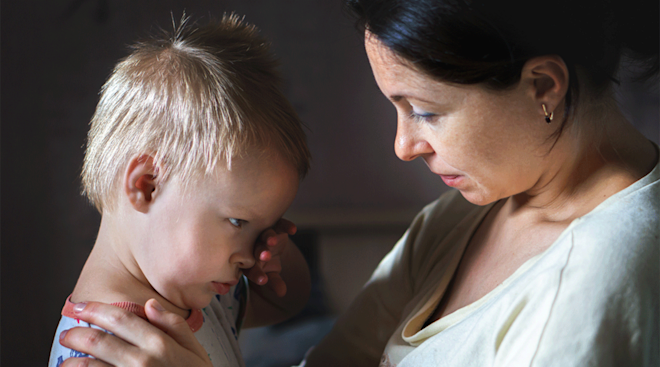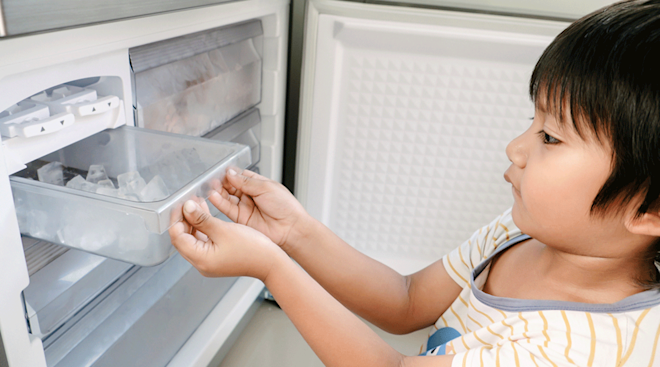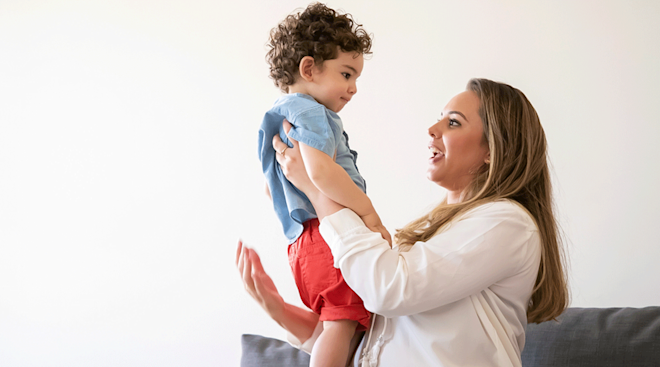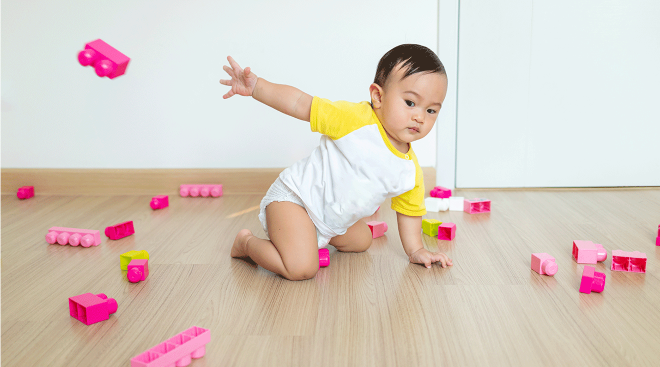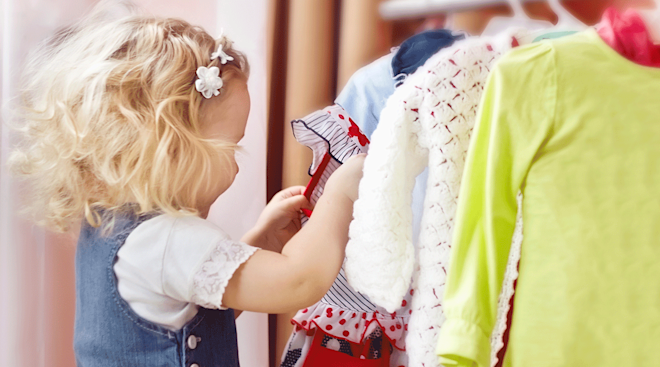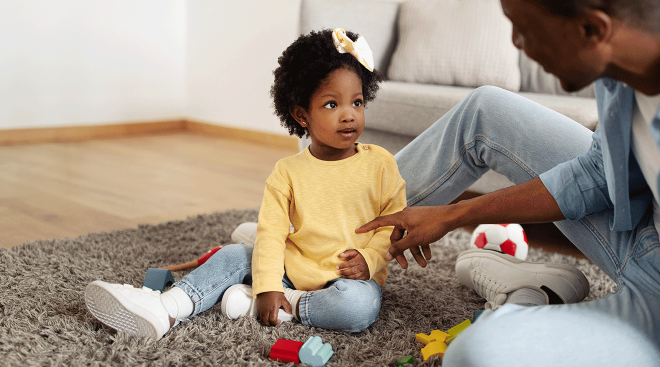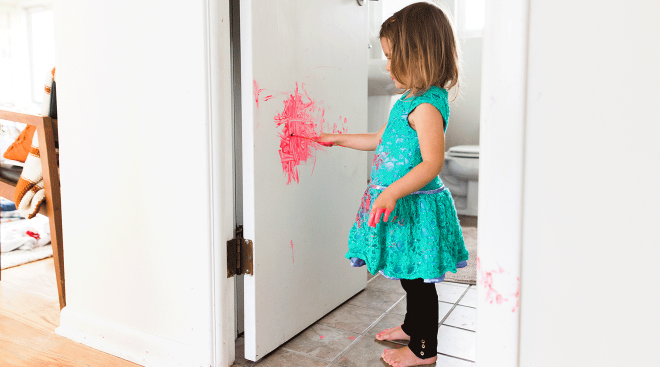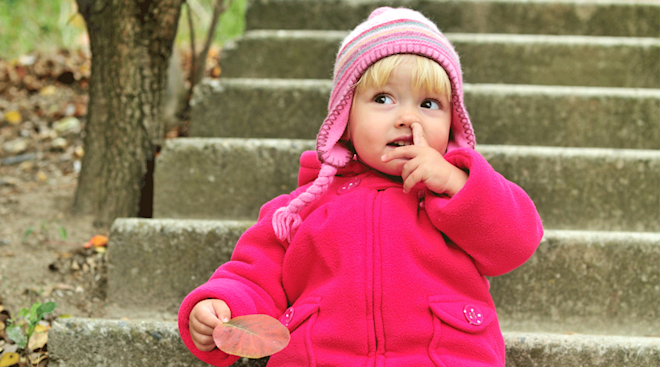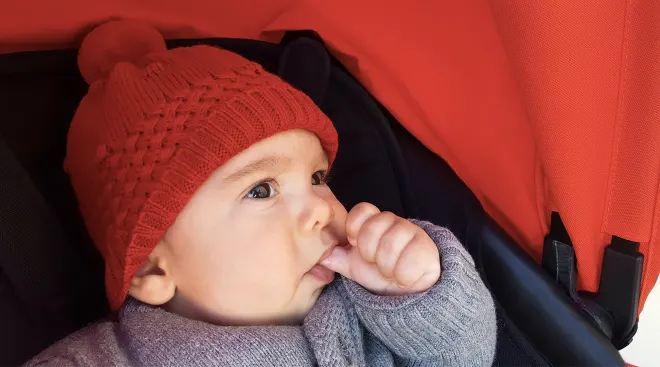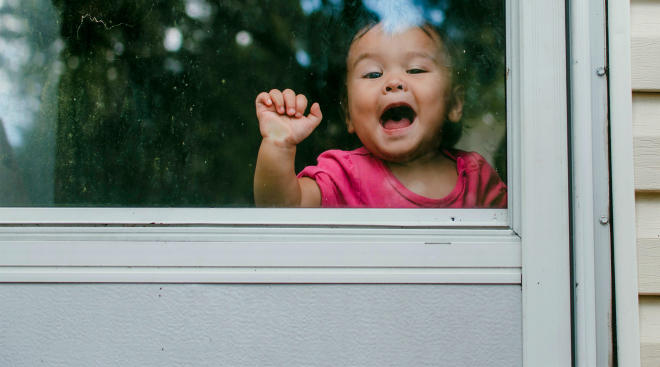Praise From Parents May Improve a Child’s Persistence, Study Says
Children learn many things in the early years of life, and one of them is persistence behavior. Persistence behavior is necessary for kids, as it helps them follow through on tasks they may not otherwise want to do as they grow older, like brushing their teeth, exercising and studying. Now a study is looking at what factors may influence a young child’s persistence behavior.
The study was published in Child Development and conducted by researchers at the University of Pennsylvania, Yale University and the Sante Fe Institute. They looked at daily toothbrushing behaviors of 81 toddlers, aged 3 years old and whether hearing praise from their parents had any impact.
The participants for the study were 80 percent White, 14 percent Multiracial, 10 percent Hispanic or Latinx, 2 percent Asian and one percent Black. One percent of the participants preferred not to answer. Out of all the families, 94 percent were in Pennsylvania, and the rest were in New Jersey, Delaware, Massachusetts, Maryland and Florida. The families had an annual income range from $14,000 to $200,000, but most of the data came from higher-income families.
For the study, the families submitted videos of their child brushing their teeth every night over the period of 16 days. The videos showed both the child’s persistence behavior and how their parents interacted with them. The researchers asked the parents to let their toddler brush their teeth on their own for as long as possible before helping. The videos also showcased any praise the parents gave, broken into three categories: “process praise” (i.e. “good job”), “person praise” (i.e. “good girl”) and “other praise” (i.e. “very good”). Other engagements from the parents were categorized as “distraction” (such as pretend play, singing, etc.) and “instruction” (like saying “brush the back teeth” and “keep brushing”).
Along with the video, the parents answered daily surveys asking about how stressed they were each night, their child’s mood that day and how much sleep everyone got. The study found that the toddler’s persistence behavior changed daily and seemed to be impacted by how their parents spoke to them. The kids brushed for longer on the days their parents praised them more than they instructed them.
“Our work provides a path towards identifying the specific factors that impact individual children’s persistence to design targeted interventions, some of which parents may not find obvious,” Julia Leonard, assistant professor of psychology at Yale University, said in a press release. “Our work also demonstrates a new approach to studying children’s healthy development—instead of focusing on what factors make one group of children different from another, our study asked which factors make individual children more like the best version of themselves.”
While the study had some interesting findings, the researchers acknowledge the study had some limitations. These include potential bias in the surveys filled out by the parents and the fact that the exact skill set required for toothbrushing is undefined. Plus, the study did not account for the toddler’s morning tooth brushing routine. More research is needed on the topic, as the researchers feel they couldn’t prove a causal effect between praise and positive persistence behavior. In the future, the researchers hope to conduct more studies with a larger sample size and discern whether the pandemic had any impact on their data.
Navigate forward to interact with the calendar and select a date. Press the question mark key to get the keyboard shortcuts for changing dates.




































